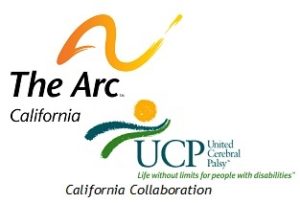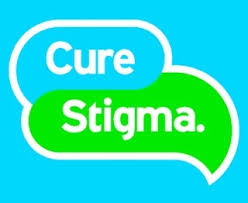May is Mental Health Awareness Month and this year the National Alliance on Mental Illness is promoting the theme “CureStigma”. The stigma associated with mental health conditions creates fear, embarrassment, shame and many other emotions that can be a significant barrier people seeking help either for themselves or their loved ones. There are millions of people living with one or more mental health conditions, in fact statistics show 1 out of every 5 people deal with some form of mental health issue in their lifetime. Individuals, family, friends, co-workers, etc. are often overwhelmed at the challenges associated with getting help or helping someone they care about get help.
Research shows that people with Intellectual and developmental disabilities are 3 to 5 times more likely to have a co-occurring mental illness than people without IDD. People with IDD and a co-occurring mental health condition are referred to as having a dual diagnosis. Over the past several years there has been greater attention given to the mental health needs of people with IDD. Recognizing the unique and complex needs of a person with a dual diagnosis is critical to understanding and developing a treatment plan, something many people, their families and service providers struggle with given the lack of clinicians with this specialized training. As advocates we can make a difference by increasing awareness of the need to get rid of the stigma attached to mental health conditions.
To learn more about promoting the message “CureStigma” click here.
To get more information about dual diagnosis and resources that may be available click here.


Teresa Anderson, Policy Director, The Arc of California

